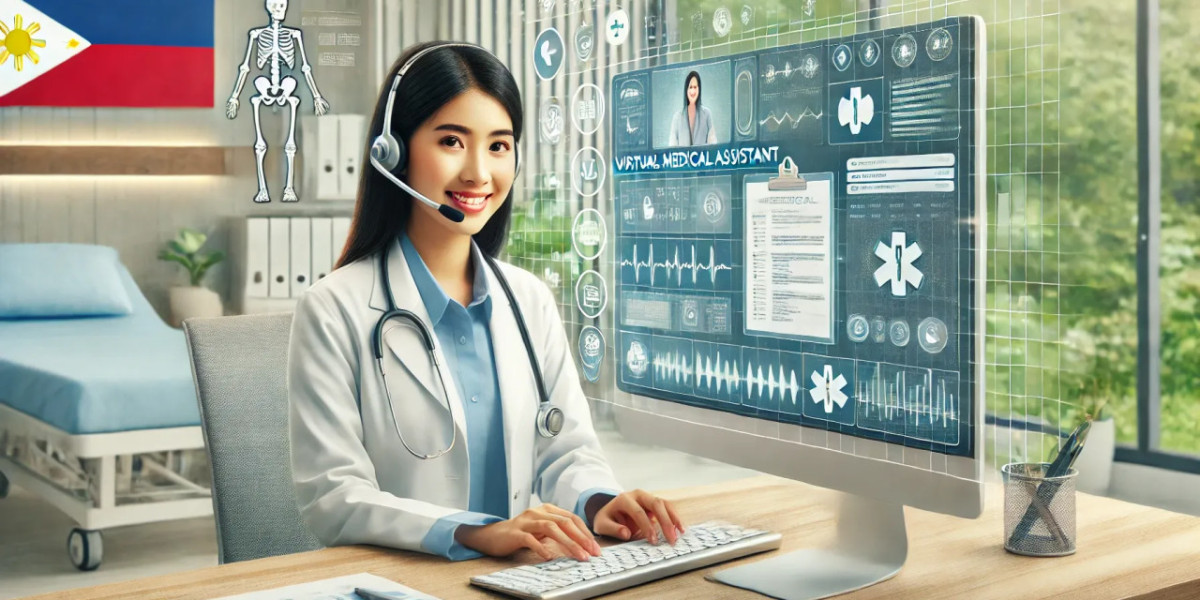In healthcare, administrative efficiency is just as important as medical expertise. A smooth-running office helps ensure that patients get timely care and that healthcare providers can focus on what they do best. A virtual medical receptionist plays a key role in achieving this balance. This modern solution can take over a wide range of tasks, making the healthcare process more streamlined. Let’s dive into how this innovation is transforming the healthcare field and why it might be a great fit for medical practices.
What is a Virtual Medical Receptionist?
A virtual medical receptionist is a remote worker who handles administrative duties for healthcare practices. These professionals work from a location outside the physical office, using technology to manage calls, schedule appointments, and communicate with patients. Unlike in-house staff, they don’t require office space, making them a cost-effective solution for many healthcare providers. Virtual receptionists are trained to work in the healthcare environment, meaning they understand the specific needs of medical offices and patients.
How Virtual Receptionists Benefit Healthcare Providers
Healthcare providers often face high levels of administrative burden. Managing appointments, patient records, and phone calls can consume a significant amount of time. By bringing in a virtual medical receptionist, healthcare professionals can free up time to focus on patient care. Let’s break down some specific advantages:
Cost-Effective: Hiring an in-house receptionist can be expensive. On top of salary, employers must consider benefits, training, and workspace. A virtual medical receptionist eliminates many of these costs since they work remotely and only charge for the hours worked.
Increased Productivity: With a virtual receptionist handling non-clinical tasks, doctors, nurses, and other staff can focus more on direct patient care. This increases productivity and helps healthcare providers manage their time more efficiently.
Flexible Staffing: Many virtual receptionist services allow you to adjust hours based on demand. Whether your practice has high patient traffic or fluctuates throughout the year, virtual receptionists can offer flexible support to meet your needs.
Improved Patient Experience: Patients appreciate timely responses and smooth communication. A virtual medical receptionist ensures that patients are greeted professionally and that their concerns are addressed quickly. This leaves a lasting impression and helps build trust between patients and providers.
Key Responsibilities of a Virtual Medical Receptionist
A virtual receptionist can handle many of the same tasks as an in-house employee. Here are some of the key responsibilities they manage:
Scheduling Appointments: Keeping track of patient appointments is critical. A virtual medical receptionist ensures appointments are properly scheduled, rescheduled, or canceled as needed. This eliminates scheduling conflicts and keeps the office running smoothly.
Managing Calls and Emails: Virtual receptionists answer phone calls, respond to emails, and ensure patients' queries are handled efficiently. They relay important information to the healthcare team, ensuring seamless communication.
Insurance Verification: Verifying patient insurance details can be time-consuming. Virtual receptionists can take this task off the hands of in-house staff by verifying patient coverage, ensuring that the necessary paperwork is completed before appointments.
Medical Record Management: Virtual receptionists can assist with the management of electronic health records (EHR), ensuring patient information is updated accurately and promptly.
Patient Reminders: No-shows can disrupt the flow of any healthcare practice. Virtual receptionists send reminders to patients about upcoming appointments, which reduces missed appointments and keeps schedules on track.
Other Names for Virtual Medical Receptionists
When searching for services related to virtual receptionists in healthcare, different terms might be used. While virtual medical receptionist is the most common term, others include:
Remote healthcare receptionist: Similar to a virtual receptionist but often emphasizes the role in managing patient interactions from a distance.
Telehealth receptionist: Focuses on reception services in telemedicine settings, assisting with virtual visits and patient communications.
Virtual healthcare assistant: A broader term that can cover a range of administrative tasks, not limited to just reception duties.
Remote medical receptionist: Another variation emphasizing the remote nature of the job.
Online healthcare receptionist: Highlights the online aspect of the job, where most tasks are done using digital tools.









